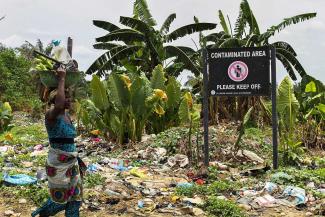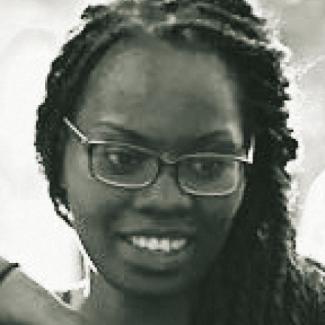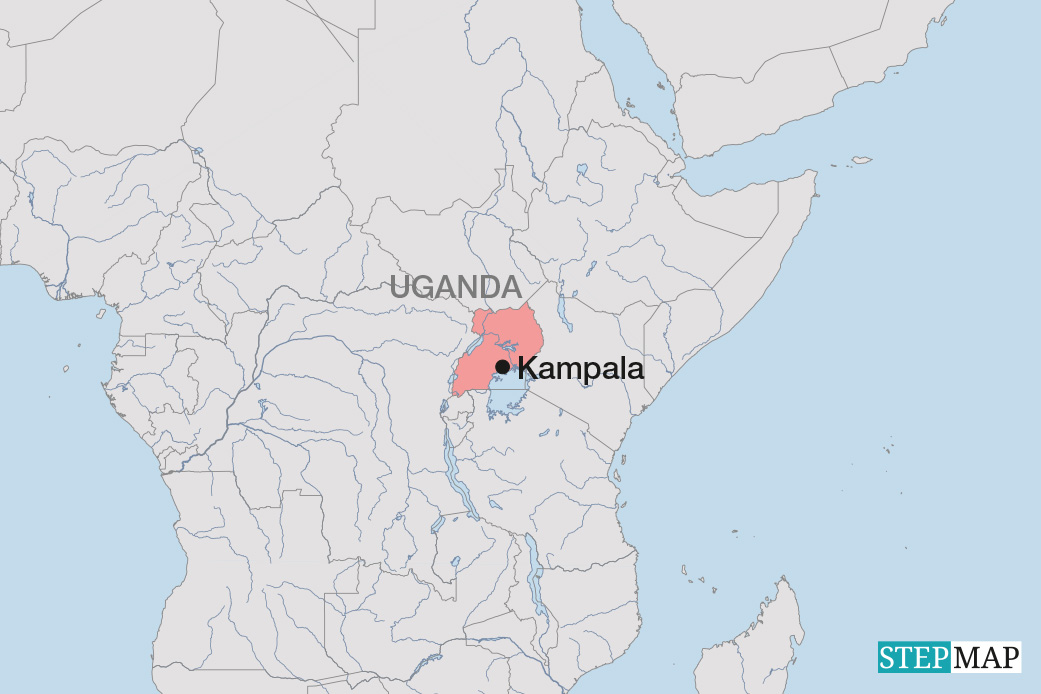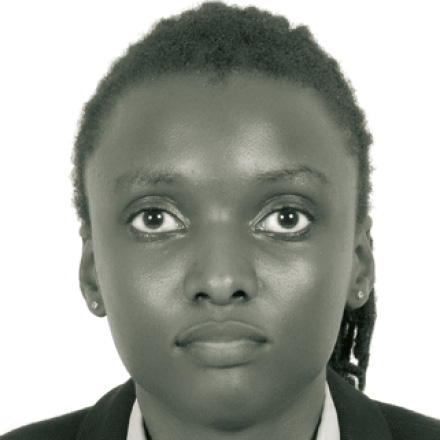Empowerment
Women take on environmentally destructive ‘development’ projects

Africa is particularly disadvantaged: since 1880, the continent has caused less than three percent of all carbon emissions, yet it is experiencing some of the worst impacts of the climate crisis. Heatwaves, droughts, forest fires, floods and the rise in sea level, which is affecting coastal regions, are all increasing rapidly.
The food security and livelihoods of many millions of people are at risk. With a current population of approximately 1.4 billion people, the World Bank estimates that by the year 2050, there will be up to 86 million climate refugees in Africa.
Women bear the brunt of the climate crisis. The reason is that patriarchal gender roles have assigned them primary responsibility for producing and preparing food, collecting water and harvesting energy. In most cases they also care for children as well as the elderly and sick.
WoMin wants to make African women’s everyday realities visible and strengthen their position. The main goal of the work is to prevent the natural environment on which women depend from being further destroyed. In many countries, however, the environment is being threatened by large-scale extraction projects or infrastructure expansion.
Land grabbing and environmental destruction
In cooperation with women’s groups, farmers and communities impacted by mining, WoMin is supporting resistance movements and campaigns against oil and mineral extraction and other mega projects. The organisation draws attention to the consequences of the climate crisis and the associated crises of land grabs, water scarcity and large-scale resource extraction.
At the Women’s Climate Assembly, held in October 2022 in the Niger Delta, Ngozi Azumah from Nigeria spoke out against energy companies. She pointed out that the Delta’s food and soils are very rich, but have been defiled by the pollution caused by oil and gas extraction. She spelled out that the companies do not compensate local people for the harm they cause. Azumah insisted that before fossil-fuel extraction began, “we were working and contributing something”. Women’s scope for economic activity and feeding children has been reduced.
The event was supported by WoMin and convened over 100 women from different women’s organisations in West and Central Africa. All of them are working together to fight destructive large-scale projects. The participants believe that these often worsen the climate crisis and impact communities’ access to communal resources such as water and farmlands. The event gave women a platform to discuss what kind of sustainable and just development solutions African women and their communities need to survive – now and in the future.
“Building the voices of rural women in climate action will make sure that there are real solutions to climate change,” Josiane Boyo Yebi from Côte d’Ivoire emphasised. “Rural women are doubly impacted, they suffer the loss of the land and the consequences of the climate crisis.”
Specific projects
WoMin is active in 17 African countries and supports numerous initiatives, including a collective of women working in the fish processing industry in Bargny, Senegal. They are opposing a coal-fired power plant that is planned for their community. They fear that the plant will further poison their already polluted coast and thereby destroy their livelihoods.
In Madagascar, WoMin is working with the organisation CRAAD-OI (Centre de Recherches et d’Appui pour les Alternatives de Développement-Océan Indien / Research and Support Center for Development Alternatives-Indian Ocean). It promotes climate justice for communities and sustainable development alternatives. The activists support a women-led resistance against the Australian mining project Base Toliara. The women believe that the planned extraction of minerals will threaten protected forests as well as the sovereignty of the indigenous Mikea community.
Opposing “green” extractivism
In the Northern Cape province of South Africa, WoMin is directing its efforts against so-called green extractivism, which the organisation wants to expose as deceptive greenwashing.
International corporations and politicians continue to display a rapacious interest in Africa’s wealth of natural resources and markets. “Green” extractivism is a new form of raw material extraction. It refers to the extraction of the minerals and metals that are needed for the technologies that address climate change, such as lithium batteries, wind turbines, solar cells or electric vehicles. It also includes generating energy through “green” gas, hydrogen, and mega-dams.
This kind of resource use is a false solution because it continues to violate human rights, destroying ecosystems in the name of fighting climate change. With regards to green extractivism, there are new proposals for raw-material extraction every week. Companies are working with the state agencies. All too often, the promises they make are empty. Ultimately, the communities are likely to be robbed of their land and, consequently, their livelihoods. Local people do not benefit from raw-material extraction, and they are not compensated for land seizure and pollution.
Across Africa, WoMin is organising resistance to the distorted concept of “development”. It is necessary to build movements that empower women, so communities can exercise their right to say “no” to harmful projects.
WoMin’s work also includes researching the cost and impact of destructive development projects, questioning the plans of governments and companies and supporting community-led actions. These efforts include legal support, advocacy campaigns and building development alternatives from the ground up.
Communities that oppose these projects are often subjected to harsh reprisals when they express their opinions. For that reason, WoMin and a network of allies have created the platform “Rise Against Repression”. It collects the stories and testimonies of human-rights defenders who were subjected to repression or have even died (also note essay by Suparna Banerjee).
WoMin connects its demand for an end to destructive ‘development’ to a call for the payment of ecological debt for climate-related damage from historically responsible countries and polluters. The goal of all these activities is for women to come together in a pan-African movement to fight for climate justice. After all, their future is at stake.
Link
Rise Against Repression:
https://www.riseagainstrepression.org
Connie Nagiah is strategic media coordinator at WoMin.
connie.nagiah@womin.org.za
https://womin.africa/
Margaret Mapondera is communications and media coordinator at WoMin.
margaret.mapondera@womin.org.za















